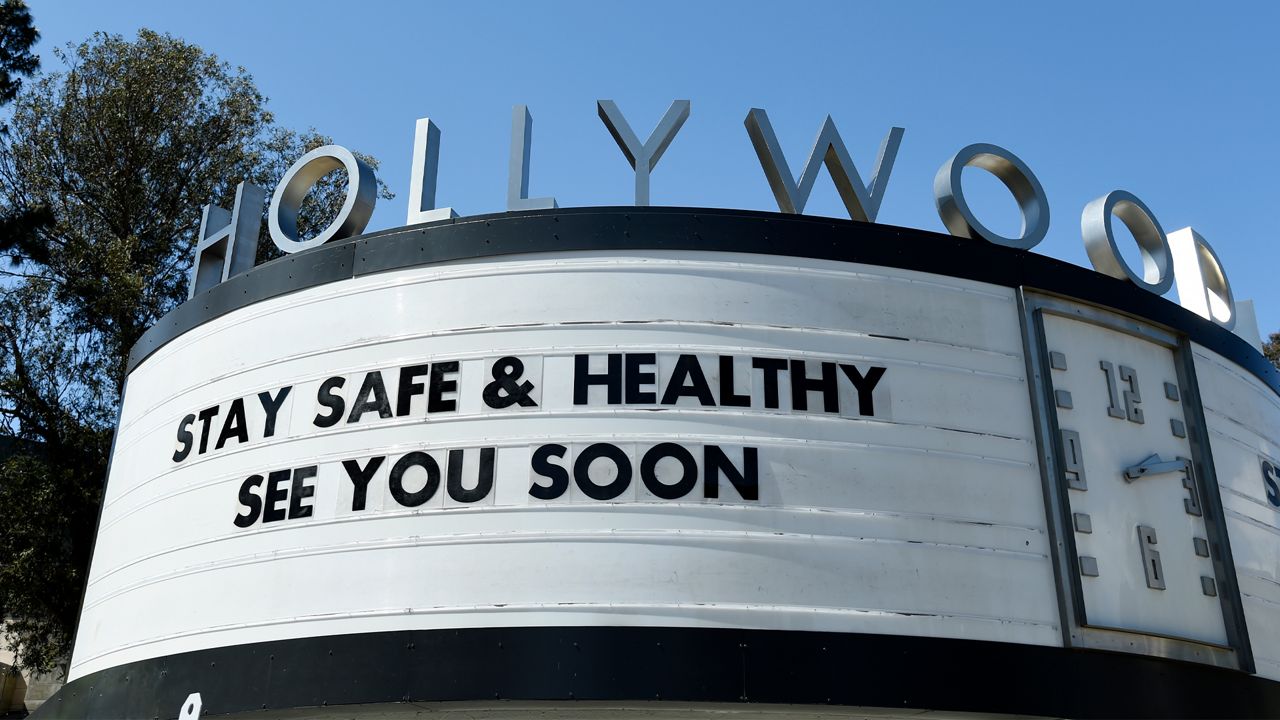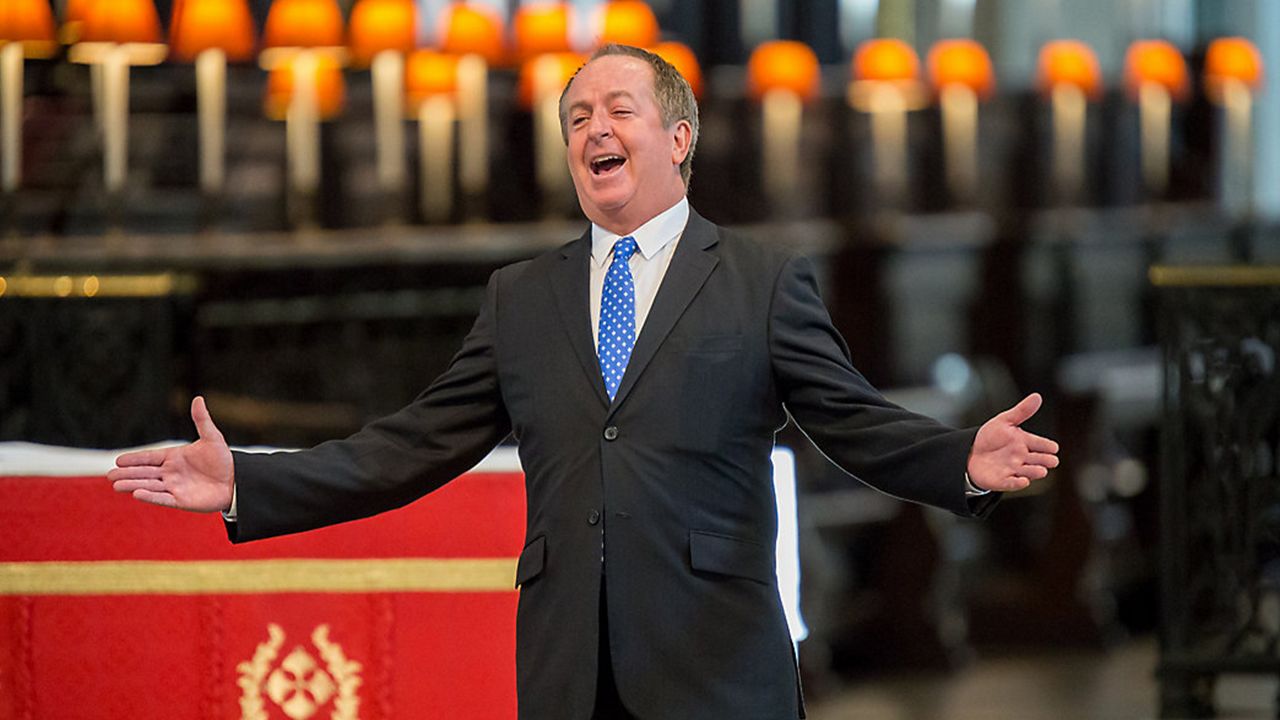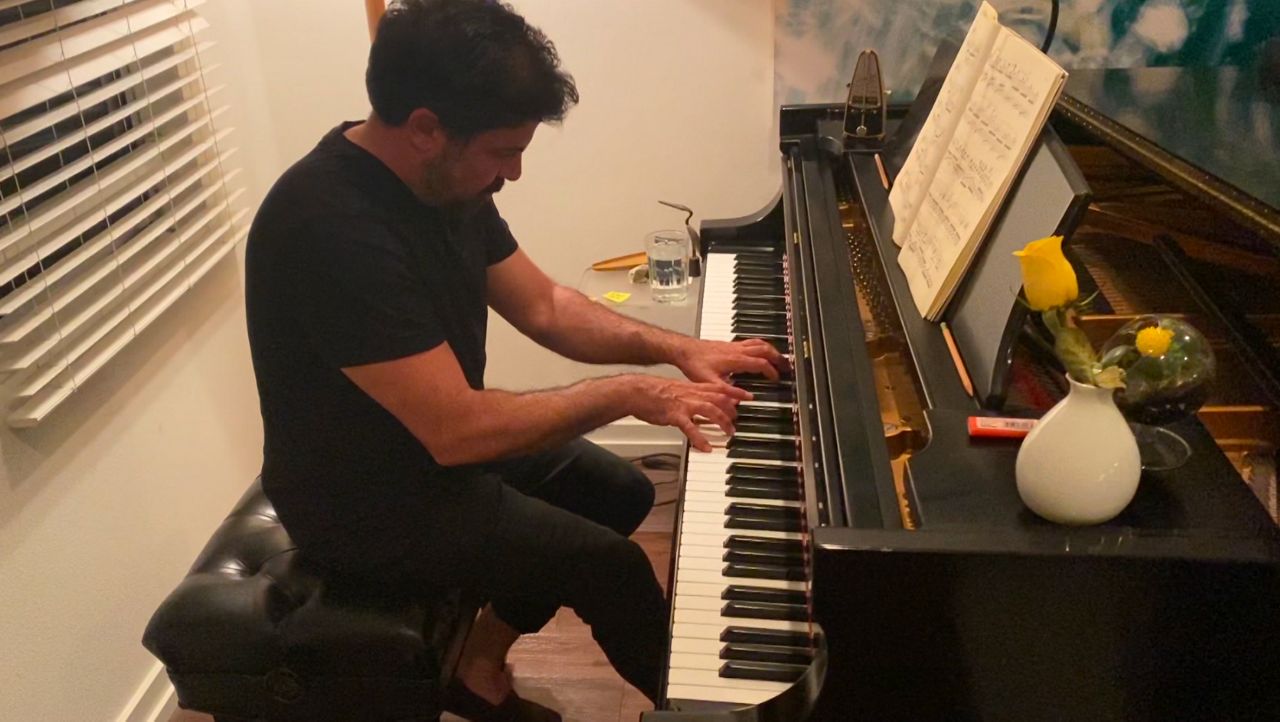LOS ANGELES — What does the legal battle surrounding the Recording Academy mean for the future of music’s biggest night?
“Who knows if the Grammys even survive this?” Dorothy Carvello said.
Carvello was the first ever female A&R executive for Atlantic Records. She says she was eventually fired for refusing to sit on a male colleague’s lap in a meeting. She has since been very vocal about her 23 years in what she calls the toxic male-dominated music industry—even writing a book about it all, as well as coming into Spectrum News to talk about what’s happening now at the Recording Academy.
MORE ON GRAMMYS:
- Hit-Boy Remembers Working with Nipsey Hussle on Grammy-Nominated Song
- 1500 Sound Academy Pairs Grammy Winning Producers with Students
“What are we supposed to tell girls, all these men have daughters and they’re lying to their daughters. Do these men want another man to do this to their wife or daughter? The answer is no,” she said.
Among ousted Grammys president Deborah Dugan’s allegations of sexual misconduct inside the Recording Academy are allegations of voting corruption. Her complaint filed with the Equal Employment Opportunity Commission says that people who represent or have relationships with artists sit on the committees that choose the nominees, and that they even select certain people just so they can have certain performances on the nationally televised show, meaning this brings past winners’ merits into question—and questions whether past snubs deserved nominations.
“The voting irregularities have been a longstanding issue within the music community. There are secret committees,” Carvello said.
Carvello contemplates what’s next for the music industry and the public’s trust in the 63-year-old institution that’s now being accused of rigging the Grammys. She thinks more people need to come forward, and more people will.
“We have to see how the labels, the music companies are going to react to this, and will this force the Grammys to make the changes and have more transparency,” she said.
Until then, we watch Sunday—and see how the tainted music industry reacts on music’s biggest night.











